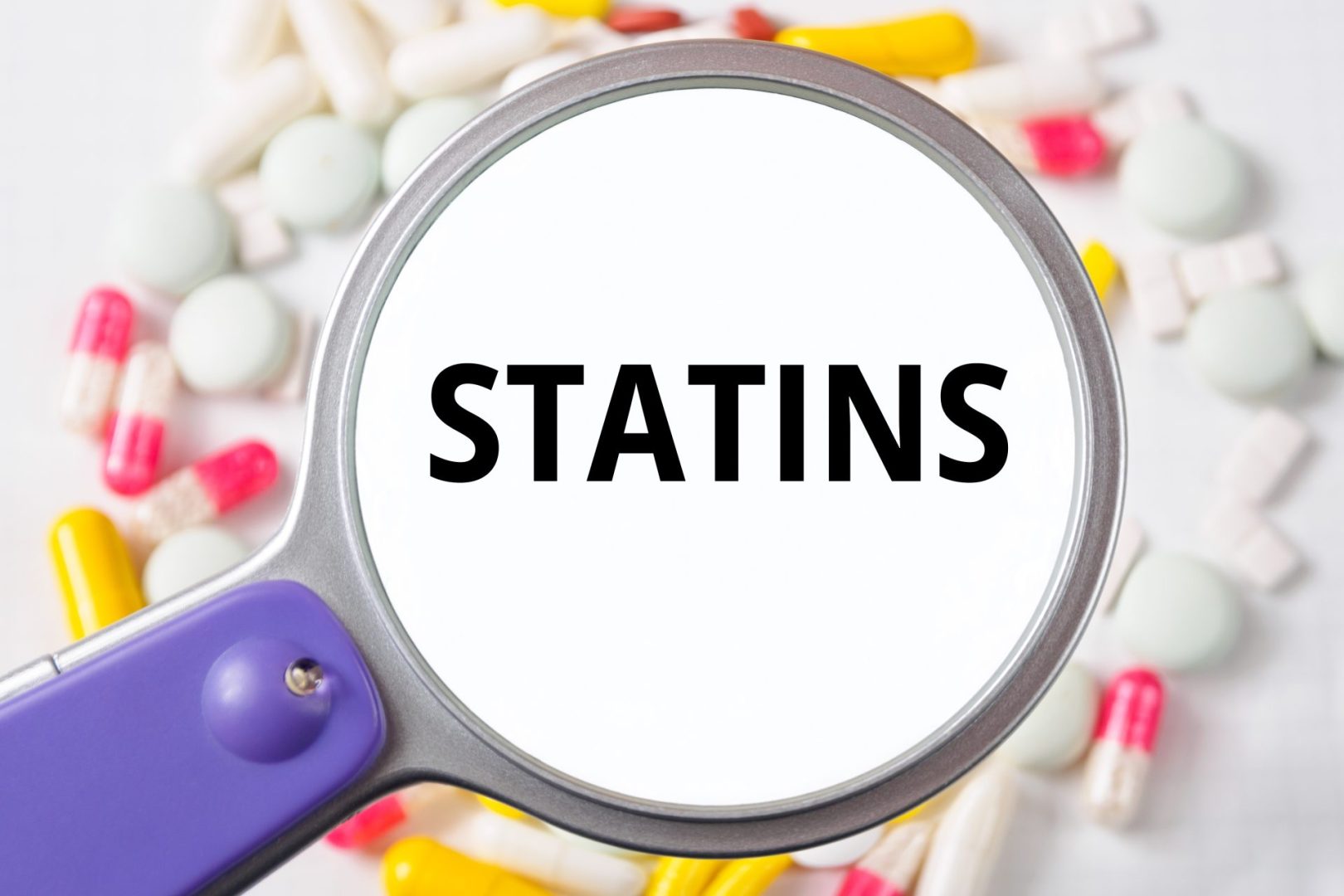Millions of Americans take statins daily to manage their cholesterol levels and reduce heart disease risk. These medications have long been considered workhorses in cardiovascular care, but new research suggests they might be even more valuable than previously understood, offering protection against one of the deadliest forms of cancer.
Liver cancer ranks as the sixth leading cause of cancer-related deaths in the United States according to the National Cancer Institute. Unlike some other cancers where screening and early detection have improved outcomes, liver cancer often develops silently, making it particularly dangerous. By the time symptoms appear, the disease has frequently advanced to stages that limit treatment options.
This concerning reality makes prevention strategies critically important, especially for those already living with chronic liver disease, who face elevated risks for developing liver cancer. The new research, published in JAMA Internal Medicine, suggests that medications already in millions of medicine cabinets might play a significant role in reducing this risk.
The research behind the liver cancer connection
The large-scale study examined 16,501 participants with chronic liver disease, comparing those who used statins with those who did not. Of the total participants, 3,610 were taking statins as part of their regular medication regimen. Researchers tracked these individuals over time to determine whether statin use affected their likelihood of developing liver cancer or experiencing serious liver complications.
The results proved remarkable. After accounting for various factors that might influence outcomes, the researchers found that statin users had a significantly lower incidence of hepatocellular carcinoma, the most common form of liver cancer. Specifically, only 3.8% of those taking statins developed this cancer during the study period, compared to 8% of non-users.
When translated into risk reduction, statin users demonstrated a 33% lower risk of developing liver cancer and a 22% lower risk of experiencing hepatic decompensation—a severe stage of liver disease characterized by complications like fluid buildup in the abdomen, jaundice, and mental confusion.
Perhaps most striking, certain subgroups saw even more dramatic benefits. Participants with dyslipidemia, or abnormal blood fat levels, experienced a remarkable 57% reduction in liver cancer risk when using statins. This finding suggests that some patient populations might derive particularly strong protective effects from these medications.
Four key discoveries about statins and liver protection
The research revealed several important insights about how statins might protect the liver:
- Lipophilic statins (including popular medications like atorvastatin and simvastatin) showed slightly better outcomes for preventing liver cancer than other types of statins
- Hydrophilic statins performed better at preventing hepatic decompensation, suggesting different statin types might offer varying benefits
- Longer exposure to statins correlated with better results, indicating that consistent, long-term use might provide the greatest protective effect
- The benefits appeared across different patient populations, though certain groups experienced more pronounced protection than others
These findings suggest that the relationship between statins and liver health is complex and multifaceted, with different medications potentially offering complementary benefits.
What this means for people with liver concerns
For individuals living with chronic liver disease, these findings offer a glimmer of hope in what can often feel like a discouraging health journey. While statins are not currently prescribed specifically for liver cancer prevention, the research suggests that patients taking these medications for heart health might receive additional protective benefits.
The implications extend beyond just those already taking statins. For patients with chronic liver disease who also have indications for cholesterol management, the potential dual benefit might influence treatment decisions. Nevertheless, medical experts emphasize that treatment decisions should always involve personalized consideration of risks and benefits.
Historically, physicians sometimes approached statin use cautiously in patients with liver disease due to concerns about potential liver damage. However, more recent research has challenged this assumption, with studies suggesting statins are generally safe even for many patients with liver conditions. This new research adds another dimension to the risk-benefit analysis.
The limitations behind the headlines
Despite the promising findings, several important limitations warrant consideration. The study was observational in nature, meaning it cannot definitively prove that statins directly caused the reduction in liver cancer risk. Other factors might have influenced the results.
The study population came primarily from a specific healthcare system, with a majority of participants being white. This demographic limitation raises questions about whether the findings would apply equally across diverse populations. Additionally, the researchers could not fully account for socioeconomic factors and healthcare access differences, which might have affected both statin use and cancer outcomes.
Perhaps most importantly, the study does not provide clear guidance on which specific statins might work best, what dosages would be optimal, or exactly which patients should receive them specifically for liver cancer prevention. These questions would require randomized controlled trials—the gold standard of medical research—to answer definitively.
The broader context of liver cancer prevention
Liver cancer prevention extends beyond medication. Risk factors for developing liver cancer include chronic hepatitis B and C infections, excessive alcohol consumption, nonalcoholic fatty liver disease, and certain genetic conditions. Addressing these underlying causes remains fundamental to reducing liver cancer risk.
Lifestyle modifications play a crucial role as well. Maintaining a healthy weight, limiting alcohol consumption, and avoiding exposure to substances that can harm the liver all contribute to reduced risk. Regular medical follow-up for those with known liver disease enables early detection of concerning changes.
Vaccination against hepatitis B and effective treatments for hepatitis C have already demonstrated significant impacts on reducing liver cancer risk related to these infections. These preventive strategies continue to represent some of the most proven approaches to liver cancer prevention.
The potential addition of statins to this prevention toolkit represents an intriguing development that might eventually complement these established approaches, particularly for those already taking these medications for heart health.
Looking toward future research
The findings from this study open several promising avenues for future research. Medical scientists now face the challenge of determining which specific statins might provide the greatest benefit, identifying the optimal dosages, and clarifying which patient populations should be prioritized for this approach.
Ideally, randomized controlled trials would directly test whether prescribing statins specifically for liver cancer prevention proves effective. Such trials would need to follow patients over extended periods, given that liver cancer typically develops slowly over many years.
Additionally, researchers need to better understand the biological mechanisms through which statins might protect against liver cancer. While several theories exist—including anti-inflammatory effects, impacts on cell proliferation, and influences on the gut microbiome—pinpointing the exact mechanisms could help optimize prevention strategies.
What this means for everyday health decisions
For now, the findings primarily reinforce the value of statins for those already taking them, while suggesting that patients with chronic liver disease should discuss their overall medication approach with their healthcare providers.
The research does not support starting statins solely for liver cancer prevention at this time. However, for patients with indications for cholesterol management who also have liver disease, the potential dual benefit might factor into treatment decisions.
As with many medical advances, translating promising research findings into clinical practice takes time and additional evidence. In the meantime, individuals concerned about liver cancer risk should focus on established prevention strategies, including managing underlying liver conditions, maintaining a healthy lifestyle, and following recommended screening protocols when appropriate.
The connection between statins and reduced liver cancer risk represents an exciting development in the ongoing effort to reduce the impact of this deadly disease. As research continues, it may eventually lead to new approaches for protecting those at highest risk, potentially saving thousands of lives each year.















